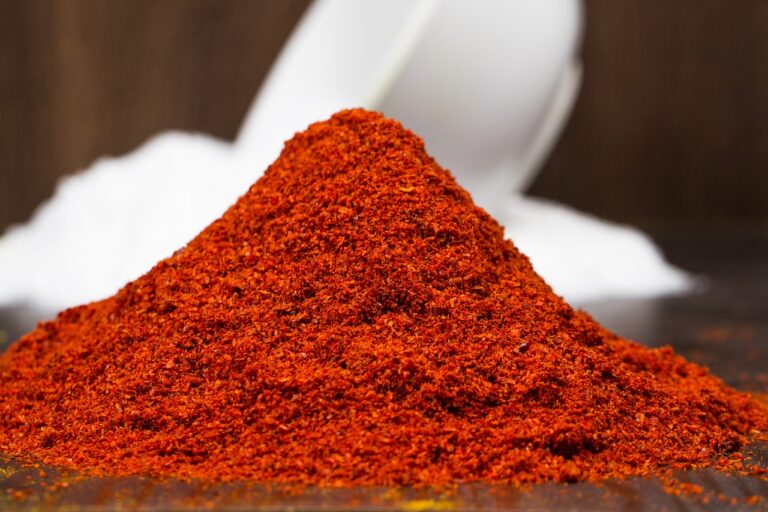The Importance of Food Safety Practices in Home Kitchens
Food safety in home kitchens is a critical aspect of maintaining the well-being of yourself and your loved ones. Ignoring proper food safety practices can lead to the spread of harmful bacteria and pathogens that can result in foodborne illnesses. These illnesses can cause symptoms ranging from mild discomfort to severe complications, especially for vulnerable populations such as young children, the elderly, and individuals with weakened immune systems.
By prioritizing food safety in your home kitchen, you not only protect the health of those you care about but also contribute to a positive dining experience. Following basic food safety guidelines, such as proper storage, handling, and cooking of food, can help prevent cross-contamination and the growth of harmful bacteria. Taking simple precautions, like washing hands before and after handling food and using separate cutting boards for raw meat and produce, can go a long way in ensuring the safety of the meals you prepare.
The Risks of Foodborne Illnesses
Foodborne illnesses are a serious concern that can result from consuming contaminated food. Bacteria, viruses, parasites, and toxins can all cause foodborne illnesses, leading to symptoms such as nausea, vomiting, diarrhea, and stomach cramps. These illnesses can be especially dangerous for young children, the elderly, pregnant women, and individuals with weakened immune systems.
Proper food handling, storage, and preparation are crucial to reduce the risk of foodborne illnesses. Cross-contamination, improper cooking temperatures, and poor hygiene practices are common factors that can lead to foodborne illnesses. It is essential to follow food safety guidelines, such as washing hands frequently, cooking food to the appropriate temperature, and storing food properly to prevent the spread of harmful bacteria and other pathogens.
Proper Handwashing Techniques
To effectively remove harmful bacteria and prevent the spread of germs, proper handwashing techniques are essential in maintaining food safety in home kitchens. Start by wetting your hands with clean, running water, then apply soap. Make sure to lather the soap on all surfaces of your hands, including the backs, between fingers, and under nails. Rub your hands together for at least 20 seconds to ensure a thorough cleanse.
It is crucial to remember to wash your hands before and after handling raw food, especially meat, poultry, and seafood. Additionally, wash your hands after using the restroom, sneezing, coughing, or touching any potentially contaminated surfaces. Encouraging everyone in the household to adopt proper handwashing habits will contribute significantly to reducing the risk of foodborne illnesses in your home.
Why is proper handwashing important in the kitchen?
Proper handwashing is important in the kitchen to prevent the spread of harmful bacteria and reduce the risk of foodborne illnesses.
How long should I wash my hands for?
You should wash your hands for at least 20 seconds with soap and warm water.
When should I wash my hands while cooking?
You should wash your hands before and after handling raw meat, poultry, seafood, eggs, and produce. Wash your hands after using the bathroom, touching your face, blowing your nose, or handling garbage.
Can hand sanitizer replace handwashing?
Hand sanitizer is not a substitute for handwashing. It is important to wash your hands with soap and water to effectively remove dirt, bacteria, and viruses.
How can I make sure I am washing my hands properly?
To wash your hands properly, wet your hands with water, lather with soap, scrub for at least 20 seconds, rinse under clean water, and dry with a clean towel or air dry.
What should I do if I don’t have access to soap and water?
If you don’t have access to soap and water, use hand sanitizer with at least 60% alcohol content. However, it is still best to wash your hands with soap and water when possible.







